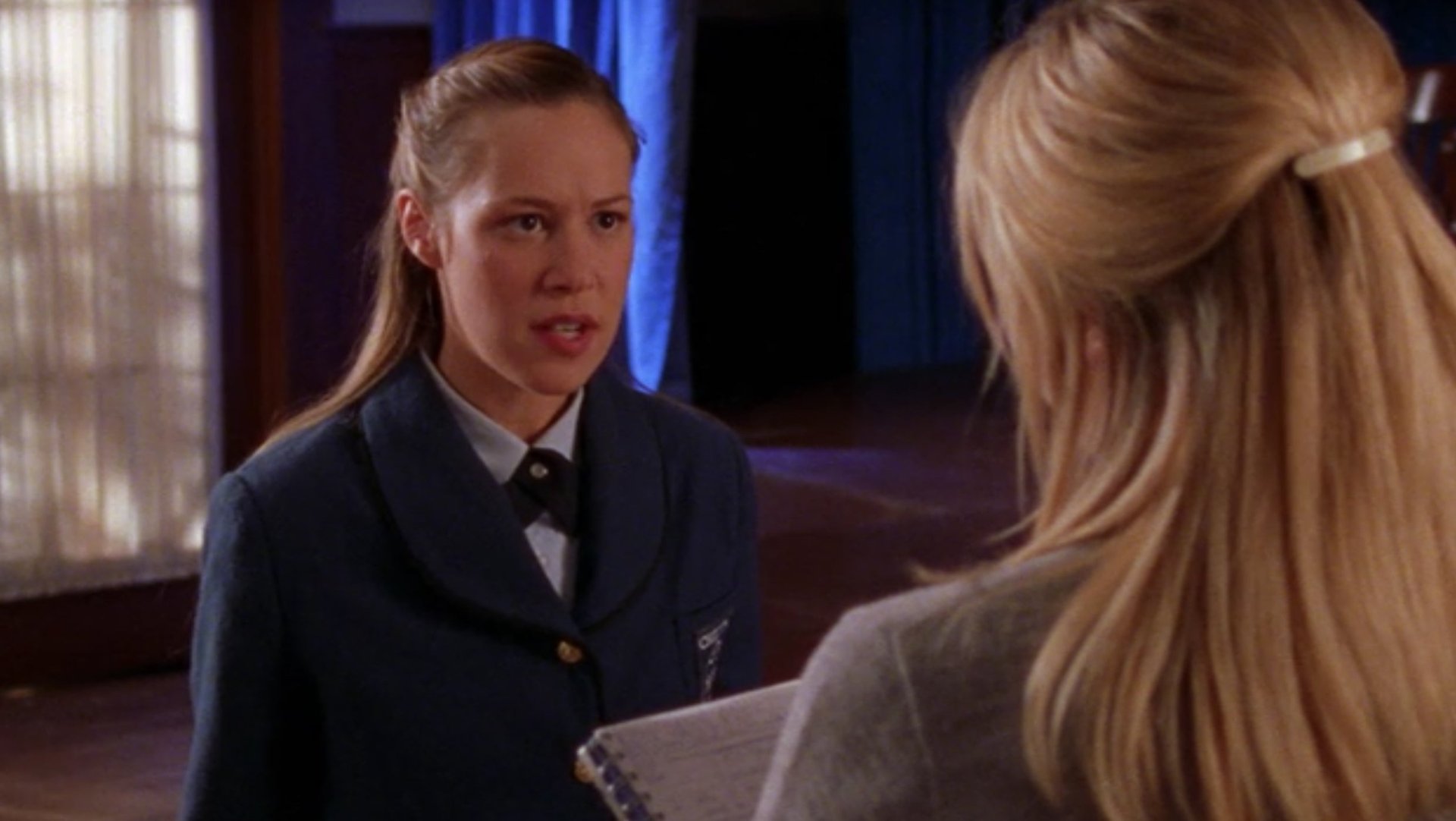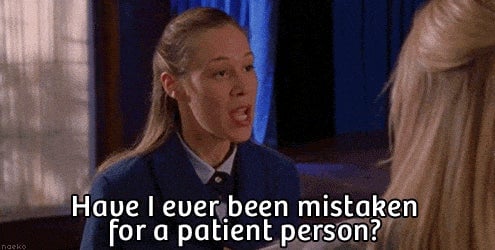“Gilmore Girls” predicted the narrative of the 2016 US presidential election
Gilmore Girls always had a lot to say about Hillary Clinton. The 2016 Democratic nominee was a mainstay feminist icon on the cult TV show, which aired in the US from 2000 to 2007. “See you when Hillary’s president!” one character jokes to another when informed of a delay in their long-awaited reunion. This was in 2004.


Gilmore Girls always had a lot to say about Hillary Clinton. The 2016 Democratic nominee was a mainstay feminist icon on the cult TV show, which aired in the US from 2000 to 2007. “See you when Hillary’s president!” one character jokes to another when informed of a delay in their long-awaited reunion. This was in 2004.
In an earlier season, Rory, a studious teenager, chooses Clinton as her college essay topic. “She’s a great speaker, strong and persuasive with a wonderful presence, and even those suits of hers are getting better,” she tells her then-boyfriend.
But what’s most relevant to the 2016 election isn’t the show’s abundant Clinton references. It’s the trials and tribulations of Paris Geller, Rory’s hyper-ambitious frenemy—and the original “Nasty Woman.”
Paris, played by Liza Weil, is smart, driven and an extremely hard worker. She’s also vicious at times. She makes enemies easily but has few friends. She talks Senator Barbara Boxer into a corner. She’s such an over-achiever that at the end of her college career, she can’t decide whether to be a doctor or a lawyer—so she applies to all the top law and medical schools in the US, and gets into all of them. “I want to live my life so that I’ll be able to read an in-depth biography about myself in later years and not want to puke,” she announces at one point in the show.

In season two, Paris is running for student body president at Chilton, the private school that she attends with Rory. She’s an uber-serious candidate, running on the issues that matter in high school—like non-dairy and wheat-free food options options at the cafeteria. “What can you do for your school?” she asks in her speech, quoting former US president John F. Kennedy.
She’s clearly an experienced, capable candidate. But when Paris sends her minions, Madeline and Louise, to poll the students, they come back saying something very, very familiar to anyone following the 2016 presidential election. “When asked which of the three candidates is more qualified, 90% said you,” says Madeline. “When asked which of the three candidates is more competent, the overwhelming answer was, once again, you,” says Louise.
Paris, in her naiveté, thinks this means she’ll score a win. “Not quite,” says Louise. “We also polled likability.” While her peers think Paris is the most qualified and competent candidate to become president, they just don’t like her—and that will affect how they vote. “What do I do?” Paris asks. “Hope for a sex scandal,” answers Madeline.
Ultimately, in order to win the election, Paris picks Rory as her running mate—a nice, quiet, uncontroversial choice, perhaps an imperfect parallel to Tim Kaine. Together, they manage to win the vote.
Paris’s struggle may feel familiar to many women in positions of power. And it very closely mirrors Clinton’s: her actual credentials are hard to question. But many people find her unlikable, and this comes to dominate the narrative. Paris is even criticized for the tone of her voice. (“This is my speaking voice,” she replies, “this is its natural volume!”). Paris is, in short, a “Nasty Woman”—the nickname given to Clinton by her opponent Donald Trump in their last debate.
However, there are some key differences between the two women. Paris would probably make a terrible president, as evidenced by her authoritarian reign as the editor-in-chief of the Yale Daily News, which ends in a staff mutiny. Her problem is that she refuses to listen to anyone but herself. Clinton, considering her reputation for bipartisan alliances, would likely be more of a team player. But we’ll have to wait to see what happens on Nov. 8 to find out.